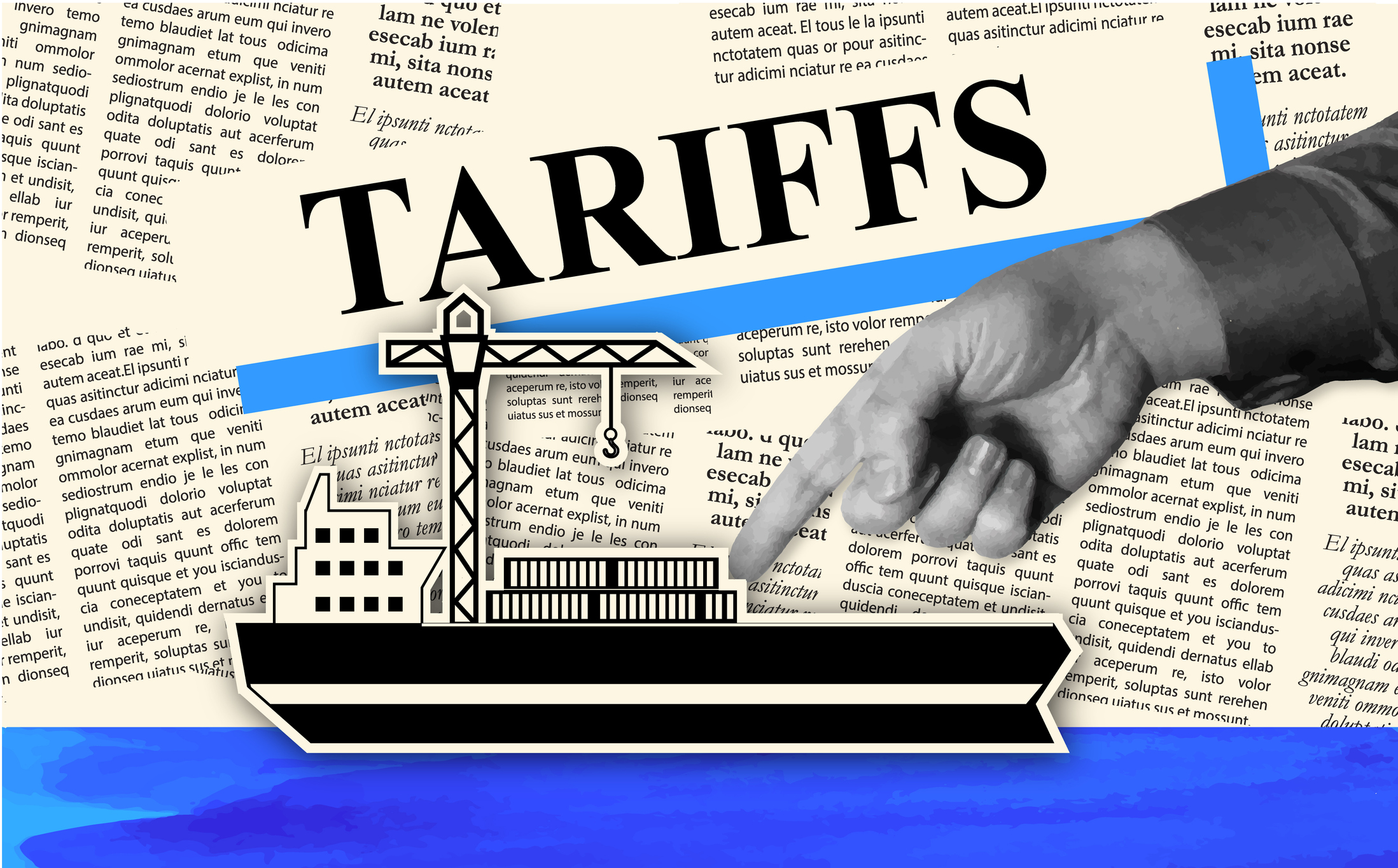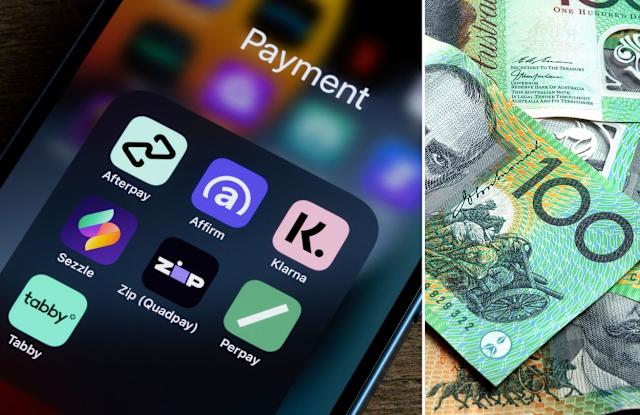In today’s increasingly conscious economy, consumers care about more than just the final product. They want to know: Who made this? Under what conditions? Is it truly sustainable? These questions have grown louder in an era of greenwashing, labor violations, and opaque supply networks. Discover how blockchain technology is transforming supply chains by ensuring ethical sourcing, verifying labor practices, and guaranteeing product authenticity from source to shelf.
Enter blockchain—a technology often associated with cryptocurrency, but now emerging as one of the most powerful tools for building ethical, transparent, and traceable supply chains. In 2025, global companies are turning to blockchain not just to cut costs or improve logistics—but to build trust from source to shelf.
Blockchain 101: What It Is, and Why It Matters
At its core, blockchain is a decentralized digital ledger. Every time an item moves through a supply chain—from raw material to final product—its data (origin, handling, certifications, location) is recorded on a blockchain block that can’t be changed or deleted.
This immutability and transparency allow stakeholders to verify transactions in real time—without needing a central authority or third-party verifier. This matters in supply chains, where data is often siloed, manipulated, or delayed.
For procurement leaders, this means:
- Instant access to verified sourcing data
- Shared records across suppliers, buyers, auditors
- Reduced risk of fraud, counterfeiting, or unethical sourcing
Fighting Fraud & Counterfeits: Authenticity You Can Prove
One of the most powerful applications of blockchain in supply chains is product authentication. From luxury handbags to pharmaceutical drugs, counterfeiting is a billion-dollar problem.
Companies like LVMH, De Beers, and IBM have launched blockchain-powered systems that trace the complete journey of high-value items. For instance:
- De Beers’ Tracr verifies every diamond’s journey, ensuring it is conflict-free and ethically sourced.
- Provenance.org works with fashion and food brands to record ethical certifications and supply chain milestones.
- IBM’s Food Trust helps Walmart trace leafy greens to the farm within seconds, not weeks.
According to the World Economic Forum, blockchain adoption could reduce counterfeit-related losses by up to $461 billion globally in high-risk industries.
Enforcing Labor & Human Rights Standards
Blockchain offers a powerful solution to one of the most complex ethical challenges in supply chains: labor transparency.
Traditional audits can be manipulated. Paper records are easily lost or falsified. But with blockchain, labor standards can be verified with digital time stamps, GPS location tags, and immutable worker input.
In 2025, several ethical fashion and electronics brands are piloting blockchain to:
- Record wages, hours, and contract terms transparently
- Validate certifications from labor rights organizations
- Enable anonymous worker feedback recorded securely
A partnership between Fairfood and blockchain platform Open Supply Hub is already helping food brands trace labor practices in coffee and cocoa farming from Colombia to Ghana.
Sustainability Tracking in Real-Time
Sustainability is now a baseline expectation for global companies. But proving green claims is another matter.
Blockchain enables the real-time tracking of:
- Carbon emissions during shipping
- Renewable energy use in production facilities
- Water usage, recycling, and waste management
- Organic or certified material sourcing
For example, BASF is using blockchain to track the environmental footprint of chemical inputs. Circularise, a Dutch startup, helps electronics manufacturers trace recycled content and carbon data through every supplier tier.
In 2025, over 30% of companies with net-zero goals are using blockchain tools to back their carbon reporting with immutable data (source: Accenture’s 2025 Circularity Index).
Supply Chain Collaboration and Trust
One of blockchain’s overlooked benefits is how it fosters collaboration. By replacing secrecy with shared, secure ledgers, it reduces the mistrust that often plagues supplier relationships.
- Multi-tier suppliers can upload their data once, viewable by all downstream partners.
- Disputes over shipment conditions, delays, or sourcing can be resolved faster.
- Shared access encourages long-term ethical commitments and accountability.
Blockchain isn’t about replacing trust—it’s about scaling it.
Challenges to Adoption
Of course, blockchain isn’t a silver bullet. Implementation requires:
- Technical integration across legacy systems
- Stakeholder alignment and training
- Data standardization (so everyone records the same way)
- Investment in infrastructure and partnerships
However, with platforms like Hyperledger, VeChain, and Ethereum-based tools becoming more accessible and customizable, the barriers to entry are falling. Startups and Fortune 500s alike are proving that blockchain can be scalable and impactful.
Regulation, Standards & Global Momentum
Governments and industry groups are stepping in to support blockchain in ethical trade:
- The EU’s Digital Product Passport initiative will require product traceability across all textiles, electronics, and batteries by 2027.
- The U.S. SEC and FTC are increasing scrutiny on ESG claims—pushing companies to use tech like blockchain to prove compliance.
- The UN Global Compact and OECD are developing guidelines on digital traceability for human rights compliance.
This regulatory momentum is turning blockchain from a nice-to-have into a compliance imperative.
Real-World Case Study: Fashion That Tells the Truth
Take Chloé, the luxury French fashion house. In 2025, it launched a blockchain initiative with tech partner Arianee. Each garment now comes with a digital certificate of authenticity, showing where the cotton was grown, where it was sewn, who made it, and under what conditions.
This not only boosts consumer confidence but also increases secondhand value—because provenance is now verifiable.
Other brands like Patagonia, Stella McCartney, and Allbirds are also using blockchain to document materials, emissions, and fair trade credentials.
Final Thoughts:
Strategic leader Mattias Knutsson recently noted, “In the supply chains of tomorrow, transparency is the highest form of efficiency. Blockchain doesn’t just track goods—it builds trust.”
And in 2025, trust is more valuable than ever. Consumers, investors, and regulators are demanding proof—not promises. Blockchain enables that proof to be verifiable, secure, and permanent.
Ethical procurement is no longer a niche—it’s a mandate. And blockchain is the backbone making it happen. From cotton fields in India to factories in Vietnam to shelves in New York, supply chains are finally telling the whole story.
And that story, told with transparency and integrity, is what will define the most trusted brands of the next decade.





